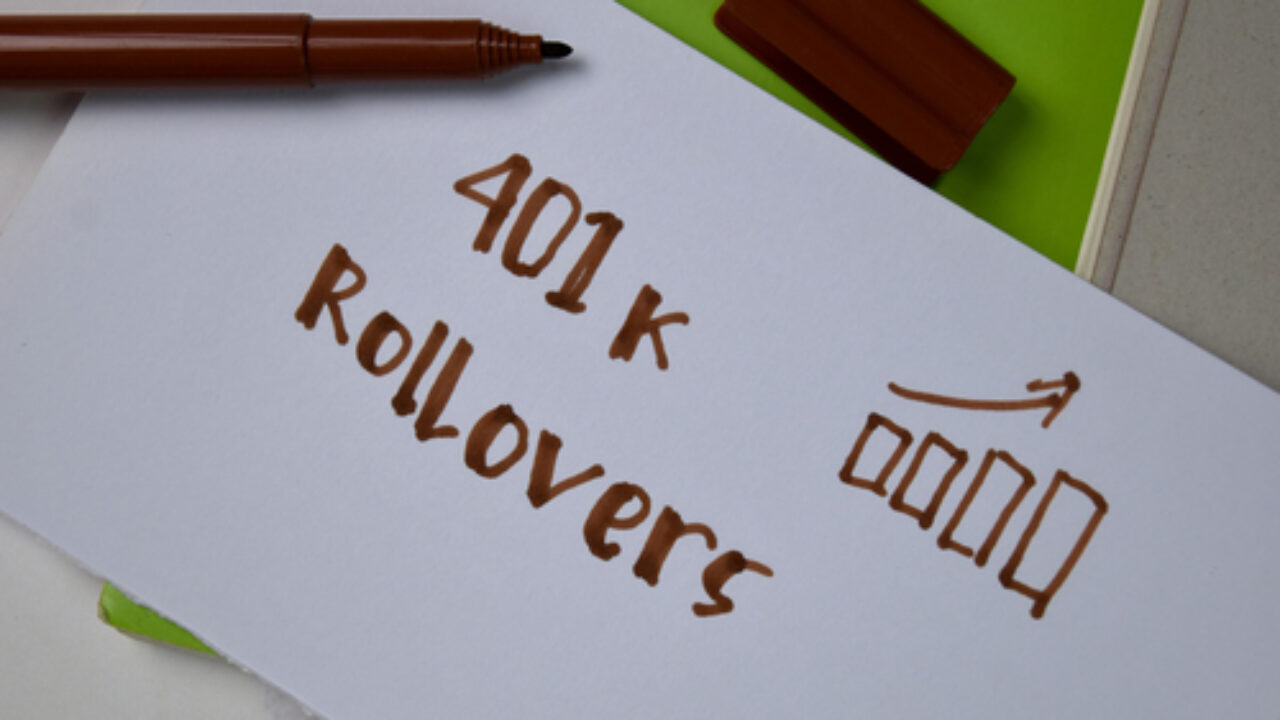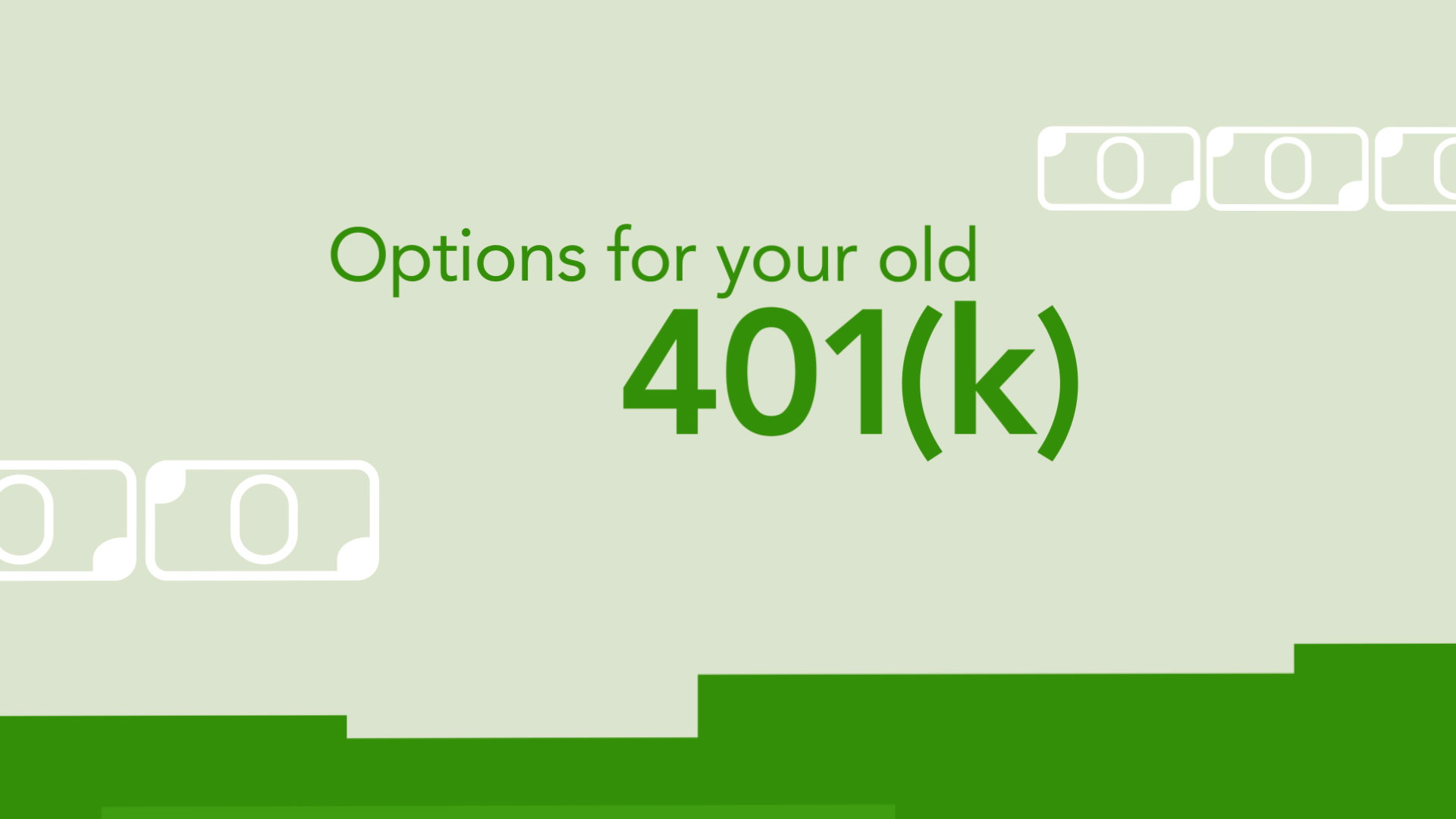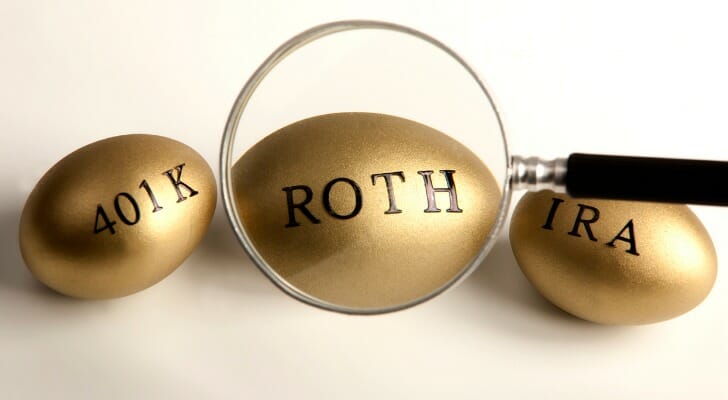No rollover while working workers generally aren t allowed to take money out of their 401 k plan accounts while they re still working.
Roll over 401k into ira while still employed.
But what about a rollover 403 b to ira while you re still employed.
To roll after tax money to a roth ira earnings on the after tax balance must in most cases also be rolled out.
Rolling over a 401k is relatively simple when leaving a job but you may be wondering if it can be done while you are still working for the same employer.
Most people know that when you leave a job you can roll over 401 k funds into your own ira.
Though the contributions were made after tax earnings on after tax contributions are treated as pre tax money.
Most people roll over 401 k savings into an ira when they change jobs or retire.
However although the internal revenue service allows in service withdrawals it doesn t require companies to include provisions for these withdrawals in 401 k plans.
What isn t popularly understood is that you also.
Depending on your plan s policies you might be able to make the rollover while you re still with.
Such a rollover is often done when you leave an employer though many employers give you the option of keeping your retirement account with them.
Some 403 b plans will let you withdraw the fund balance while you re still working for the employer as an in service.
Limited exceptions apply for hardship.
But the majority of plans allow employees to roll over funds while they are still working.
Investors can roll after tax money in a workplace plan like a 401 k into a roth ira.
A 401 k rollover into an ira may offer the opportunity for more control more diversified investments and flexible beneficiary options.
At first glance it may seem impossible to move your 401k funds into another type of account such as an ira.
Fortunately it may be possible.
Anyone can roll over a 401 k to an ira or to a new employer s 401 k plan when leaving a job.



-page-001_tcm113-118061.jpg)
























